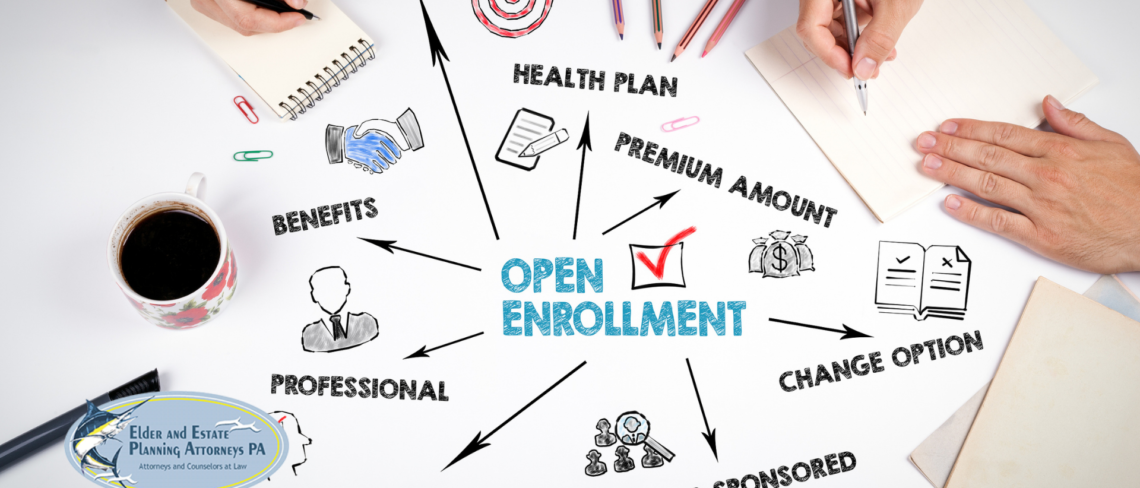Are you currently living in Florida? Are you healthy, with a growing family, active lifestyle and thriving business? However, have you begun to wonder the following: when should you initiate your estate planning process? Be aware that a Florida estate plan is a crucial tool for all adults to have. Estate planning allows us to think about what we want for ourselves, our loved ones, our business, and our legacy. Although it addresses what happens at the end of our lives, it is so much more than that. Estate planning makes us answer tough questions including, but not limited to, what would happen if we no longer have the capacity we need to make our own decisions, who do we want in charge of our finances if we are incapacitated or who should be our beneficiaries?
Understanding you need a Florida estate plan is the first step forward to plan for your future. The next step is to ask: When should you initiate the process to create your estate plan? As Florida estate planning attorneys, we are frequently asked this question and want to share five important events with you.
- When you become an adult. Think your 18th birthday is too young? Think again, it is not! If you do not have a Florida estate plan in place, there will be no one who has legal authority to make decisions for you in the event you are in a car accident or other crisis. In other words, no one will be able to pay your bills, access your bank accounts, or talk to your doctors. Your Florida estate planning attorney can work with you to create an estate plan that will protect you and let you name the people you want to be in charge of you in a crisis in your documents. Your estate planning attorney can also talk to you about how to create a legacy and plan for a time when you are no longer here.
- When you are planning to get married. Marriage is a wonderful event and you will want to plan with the person you love for your life together. It is an opportunity to think about how you want to protect and provide for each other. There is no better way to do that than with a Florida estate plan.
- When you begin to have children. When you have children, planning becomes even more important. You need to begin to think about and answer questions like: Who should care for my children if something happens to me? When should they inherit? How can I provide for their future if I am no longer here? These are the questions your Florida estate plan can answer when you work with an estate planning attorney.
- If and when you receive an inheritance. It does not matter if you receive a small or large inheritance, it is important to protect it. The person who left you this money may have had clear instructions for you that you want to copy in your own estate plan or you may have inherited through a messy process that you do not want others to go through. Whatever your reason, this is a good time to meet with your Florida estate planning attorney and plan forward.
- When you are beginning to start your own business. It is important that during your start up process to consider all the ways to protect yourself, your family, and your business from what comes next. Your Florida estate planning attorney can not only help you design your estate plan but may also be able to advise you on your new business.
We know this article may raise more questions than it answers. Elder and Estate Planning Attorneys, PA, is a law office small enough to provide personal service but large enough to provide service in Jupiter, as well as Palm Beach, Martin, St. Lucie, and Indian River Counties in Florida. Our law firm will guide you through legal challenges involving elder law, estate planning, trusts, veterans benefits, real estate, and more. We encourage you to contact us and schedule a meeting with our attorneys.











